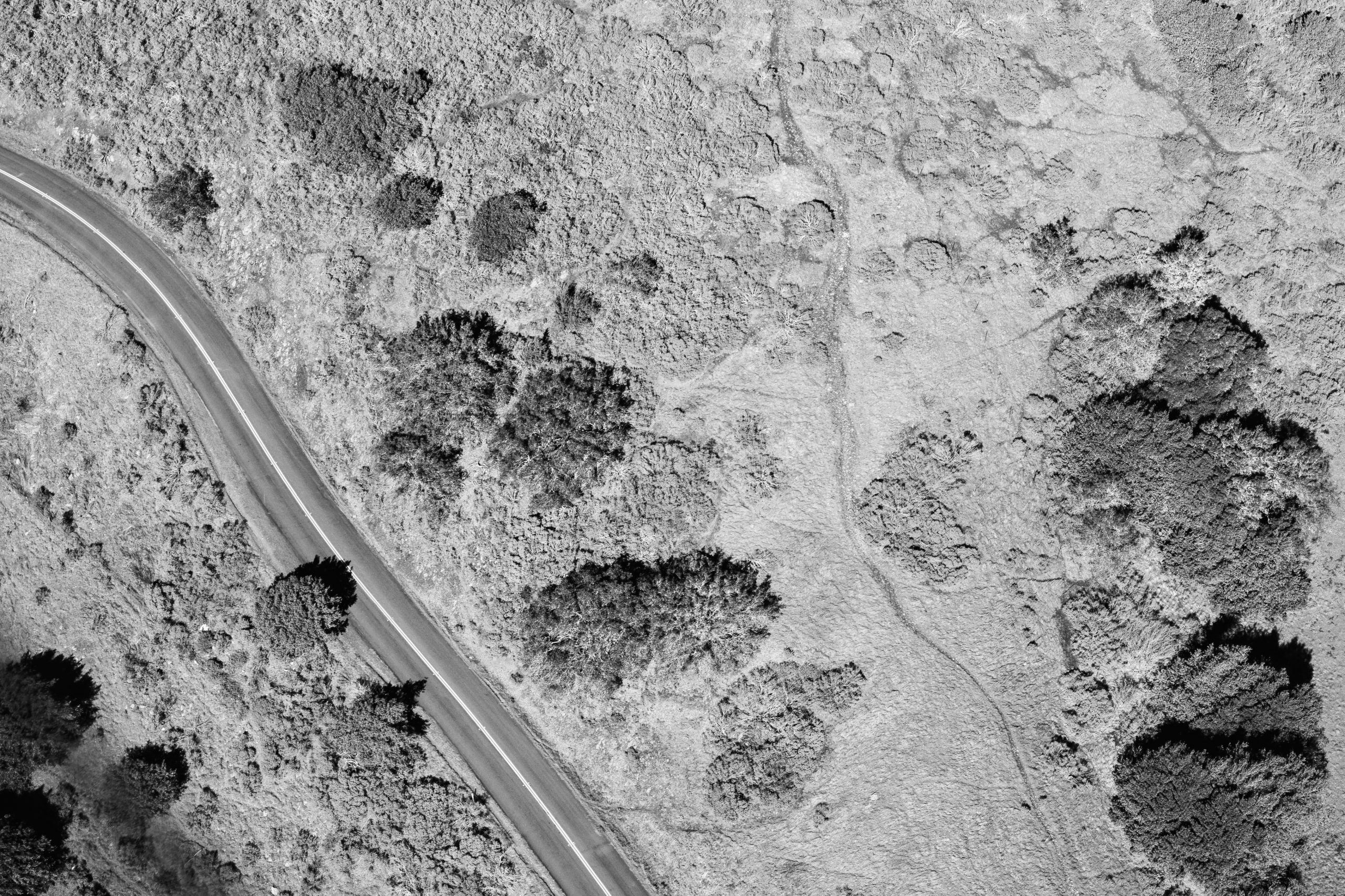Having just delivered a panegyric on “Cities of Tomorrow” at a recent conference on Urban Sustainability, and praising the growing practice of ‘Citizen’s Juries’ across many countries in the world, I was momentarily thrown by a query from the audience asking: “what single policy measure would you propose for adjudication to promote civic progress?”. After a brief pause, intuitively I replied: “Land Value Taxation”.
Poser
The whole question of land policy lies at the heart of social, economic, environmental and political life in all societies. The distribution of property rights among the citizenry has always exercised enormous impact on both equity and productivity; and land tenure problems caused by unfair and weak land management has long led to serious injustice and severe conflict.
Identifying an equitable and efficient programme of effective land reform has been a career-long quest for me. My first job, over 50 years ago, was to study the implementation of the Land Commission Act 1967. Both job and Act lasted little more than a year! But the experience instilled in me an enthusiasm for the issue, together with a growing surprise and increasing concern, as land reform strategy has appeared to drop relentlessly down the public policy agenda.
Given that the very nature of regulatory government and statutory planning effectively implies a wholesale redistribution of community created land values, and therefore wealth, throughout communities, I remain resolutely amazed how the absurdly anachronistic beneficial ownership of land in societies throughout the world has been allowed to continue.
Proposals
Without unpackaging the whole philosophical debate surrounding land ownership, land management and land values, I would like to suggest that a number of policies and practices worthy of judgement should be placed before ‘People’s Panels’ of some kind or another for further assessment, and hopefully verdict.
- First and foremost, community created values should be returned to the communities that created them!
- Archaic and unequal rights of land ownership should be reviewed and revised in the light of contemporary community needs and common decency.
- For reasons of both social justice and economic efficiency a land value tax, sometimes called site value rating, should be levied on the unimproved value of land. Land taxes generally encourage urban density within cities; foster decentralisation; can be used as a counterweight to mortgage debt; discourage speculative land-banking; and, sit fittingly amongst other ‘green taxes’ aimed at public welfare.
- Such urban land planning systems as land pooling, land readjustment and the transfer of development rights should be adopted more widely.
- To support the public financing of redevelopment, infrastructure and other community-improvement projects Tax Increment Financing should be employed more commonly.
- In terms of promoting planned communities, the precepts and practices of both the Garden City Movement and New Town Development Corporations in the UK should be revisited with a view to the resurrection of their virtue and virtuosity. In similar vein, the recent emergence of “Wellness Communities” in the US might be a model for adoption and adaptation more widely. Likewise, the embryonic “Eco-Village” communities springing-up around the world.
- A particularly attractive approach is the Community Land Trust (CLT) that has slowly spread throughout North America and the United Kingdom over the past 40 years, with examples even further afield in such places as India, Israel, Australia, Belgium, Kenya and New Zealand. This normally takes the form of a neutral, sustainable and non-profit corporation that develops and stewards affordable housing, civic buildings, commercial spaces, community gardens and other shared assets on behalf of a community.
- We need to become more aware of the ‘premium of place’ and the rewards of “Creative Placemaking”, and gain a better understanding how best it is achieved.
- Human society seems to be undergoing a fundamental transformation by which the landscape of functional infrastructure tells us more about how the world works than do political borders. The true map of the world should really feature not just states but megacities, highways, railways, pipelines, Internet cables, and other symbols of our emerging globally networked civilisation.
- There is pressure to promote a better professional understanding of the nature, importance and challenges of “Mega-Projects” in the urban land use planning and economic development of cities. Most especially, how do we characterise the politics and governance of mega-projects; examine their spatial dynamics and landscape consequences; acquire, manage and account for the lands involved; assess their social and environmental impacts; and, most vitally keep to time, budget and quality.
Perhaps?
Land, “the mother of all monopolies” (Winston Churchill, 1909), is a persisting problem and should be properly addressed. Land value taxation would be a start. Many attempts, with varying degrees of success, have been made throughout the world over the past century or so to implement many different systems of land value taxation. Most recently, fiscal land policy has been recognised as a critical factor for addressing the vexed existential question of environmental sustainability. But, though beloved of liberals and economists alike, land-value taxes have never really caught on. The time may now be right. For if we did actually get this right, so many other aspects of civic life become attainable.







